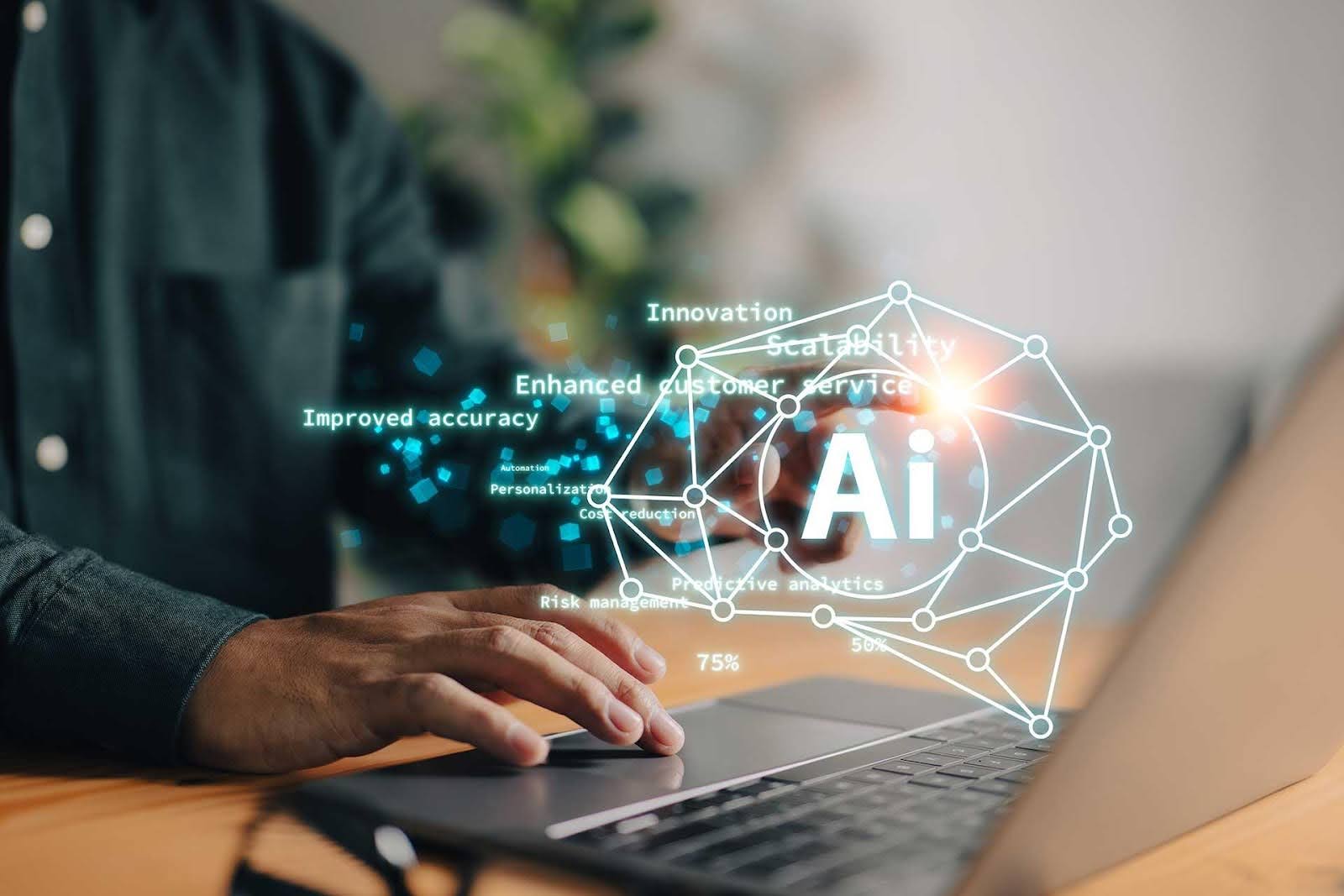Skip to content
Artificial Intelligence Management SystemKourosh Azarnia2024-12-29T06:28:49+04:00
Global Reporting Initiative (GRI)Kourosh Azarnia2024-10-08T08:48:10+04:00
Water Efficiency Management SystemKourosh Azarnia2023-10-31T13:04:00+04:00
Petroleum, petrochemical and natural gas industries — Production assurance and reliability managementKourosh Azarnia2023-07-23T13:28:38+04:00
Risk ManagementKourosh Azarnia2023-07-23T05:40:35+04:00
Tourism and related services — HotelsKourosh Azarnia2023-11-05T06:02:48+04:00
Consumer Warranties/GuaranteesKourosh Azarnia2023-05-27T11:30:55+04:00
Collaborative business relationship management systemsKourosh Azarnia2023-05-27T11:34:17+04:00
Greenhouse GasesKourosh Azarnia2023-06-11T12:01:11+04:00
Carbon FootprintKourosh Azarnia2023-06-11T11:54:23+04:00
Page load link














